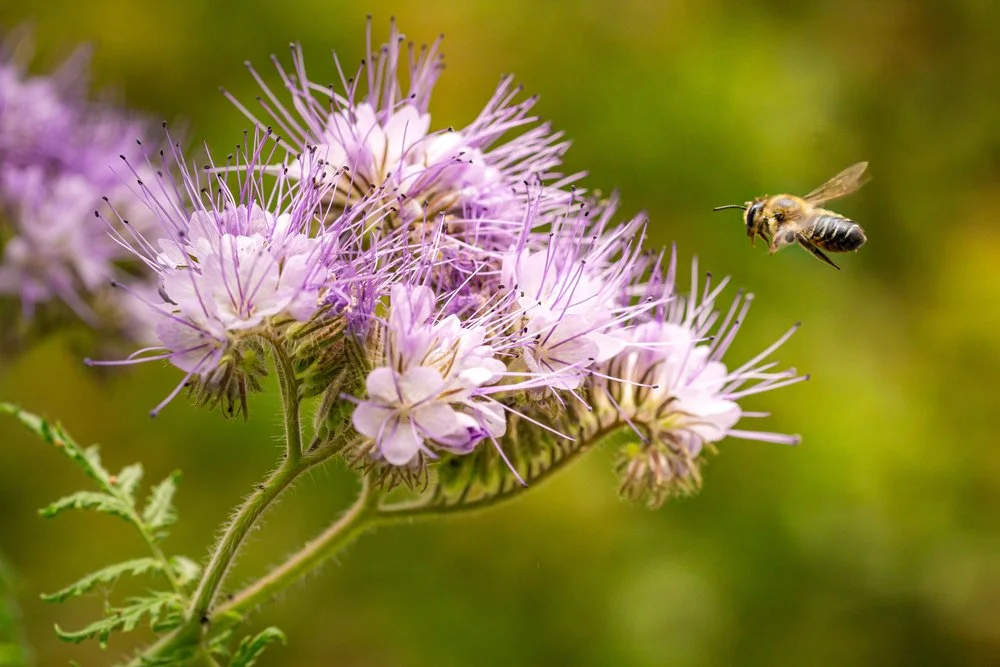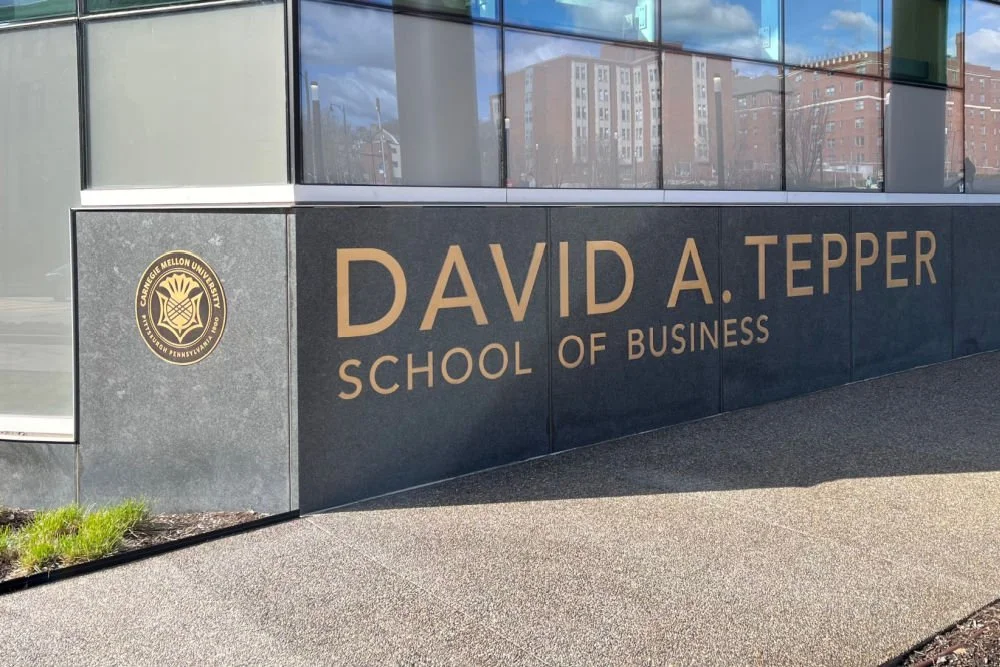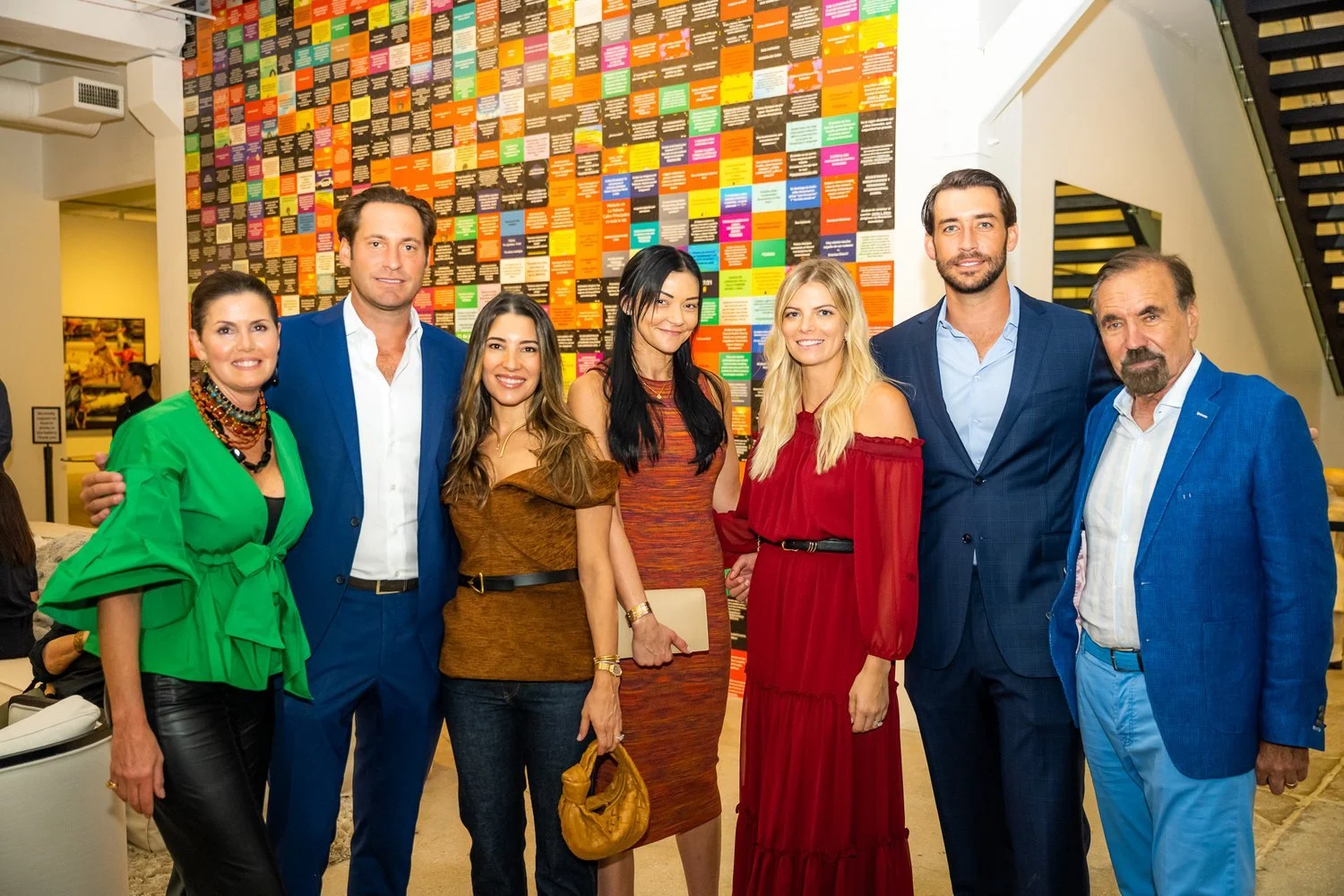Three Things Grantseekers Should Know about the Lettie Pate Evans Foundation
/ Alyssa OchsIf you’re not personally connected to the Robert W. Woodruff Foundation and its three affiliated (but separate) foundations, it can seem like a lot to wrap your head around. A great place to start is our Southeast funding guide, where we’ve written profiles of each of these four funders to highlight their areas of giving and application procedures.
But in this particular post, we’re focusing on the Lettie Pate Evans Foundation, which is one of the Atlanta-based foundations that does accept unsolicited grant requests from local nonprofits in Georgia. Here are three things that grantseekers should know about this funder.
The Focus is Education and Arts and Culture
There are just two funding topics of interest with LPEF, but it’s worth getting to know a bit more about the types of organizations this funder supports. To start, it prefers to work with well-established institutions and projects that already have strong leadership and support from other funding sources. Capital needs are a common area of support for this foundation.
Atlanta schools are given priority for education grants, especially SACS-accredited private schools that are doing well. Arts and culture grants typically come in the form of capital and capacity-building support. This funder sticks to groups with significant audiences, strong leadership and sound financial operations. Metro Atlanta historical societies, museums and performing arts organizations often receive this funder’s support. Groups in other Georgia cities are considered for grants, too, but those requests should promote community development. Annual operating support, exhibits, festivals, performances and art acquisitions are not considered for funding.
Georgia Groups Receive Preference
For both funding interest areas, Georgia groups receive preference, and most of the grants stay within the state. The only exceptions to this rule are groups that Mrs. Evans personally supported in Virginia during her lifetime. No new groups in Virginia, or anywhere else in the Southeast for that matter, are considered for funding. And considering that Mrs. Evans passed away in 1953, any longstanding relationships with Virginia groups that still exist go back a very long time.
It Accepts Applications Throughout the Year
Fortunately for grantseekers, the foundation considers unsolicited grant requests. However, it’s a good idea to submit an informal inquiry to the foundation via email before going any further. That way, the staff can let you know if they consider your proposal something worth applying for.
Ultimately, grant requests should be submitted via mail to the attention of the president, P. Russell Hardin. You should hear back within 30 days of the board’s April board meeting or its November meeting whether your proposal has been selected for funding. To learn more, visit the How to Apply page on the foundation website.






































